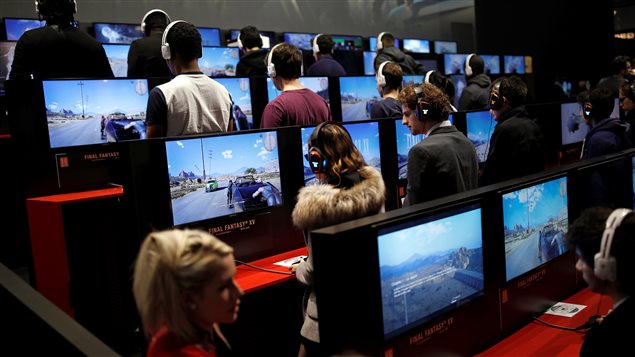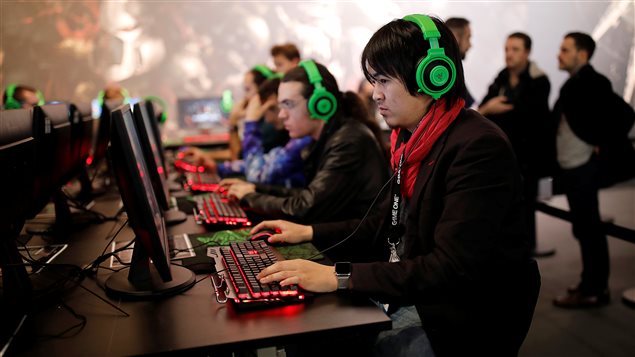Playing first-person shooter video games video can have a negative impact on your brain, according to a new Canadian study published in Molecular Psychiatry.
The study by Canadian researchers Dr. Véronique Bohbot of Douglas Mental Health University Institute in Montreal and Dr. Greg West, an associate professor at the French-language Université de Montréal, demonstrates that the way first-person shooter video game players use their brains to navigate within the game changes the impact various games have on their nervous system.
The findings go against the conventional wisdom that action video game players exhibit better visual attention, motor control abilities and short-term memory.
“Thanks to navigation tests and brain scans, our studies show that response learners, those players using their brain’s autopilot and reward system to navigate, experienced grey matter loss in their hippocampus after playing action video games for 90 hours,” said West, the lead author of the study.
The hippocampus is the key structure involved in spatial memory (orientation) and episodic memory (autobiographical events) within the brain, West said.
On the other hand, spatial learners, those using their hippocampus to navigate, increased their grey matter after playing for the same amount of time, he said.
“The same amount of screen time with 3D-platform games caused only increases within this system across all participants,” West said.

Action video game players are nearly twice more prone to be categorized as response learners (83%) compared to non-video game players (43%), said Bohbot.
“This matters a lot when you know how important the hippocampus is for a healthy cognition,” she said.
People with lower amounts of grey matter in the hippocampus are known to be at increased risks of developing neuropsychiatric illnesses such as depression, schizophrenia, PTSD and Alzheimer’s disease, said Bohbot who also teaches at McGill University.
However, the causal link between human-computer interactions such as action games and actual illness is not known at this time and more research needs to be conducted on this, she said.
To conduct their studies researchers recruited 64 participants aged between 18 and 30.
They were asked to play 90 hours of different types of video games: first-person shooters like Call of Duty, Killzone, Medal of Honor and Borderlands 2 or 3D-platform games such as Super Mario 64.
None of the participants had ever played video games before.
The study demonstrated that playing 3D-platform games for 90 hours increases grey matter in the hippocampal memory system for both response learners and spatial learners.
“Remember that the same amount of screen time with first-person shooter video games leads to atrophy within the hippocampus,” West said. “This suggests that 3D-platform games are safer for consumption and can be beneficial to the brains of all players.”







For reasons beyond our control, and for an undetermined period of time, our comment section is now closed. However, our social networks remain open to your contributions.